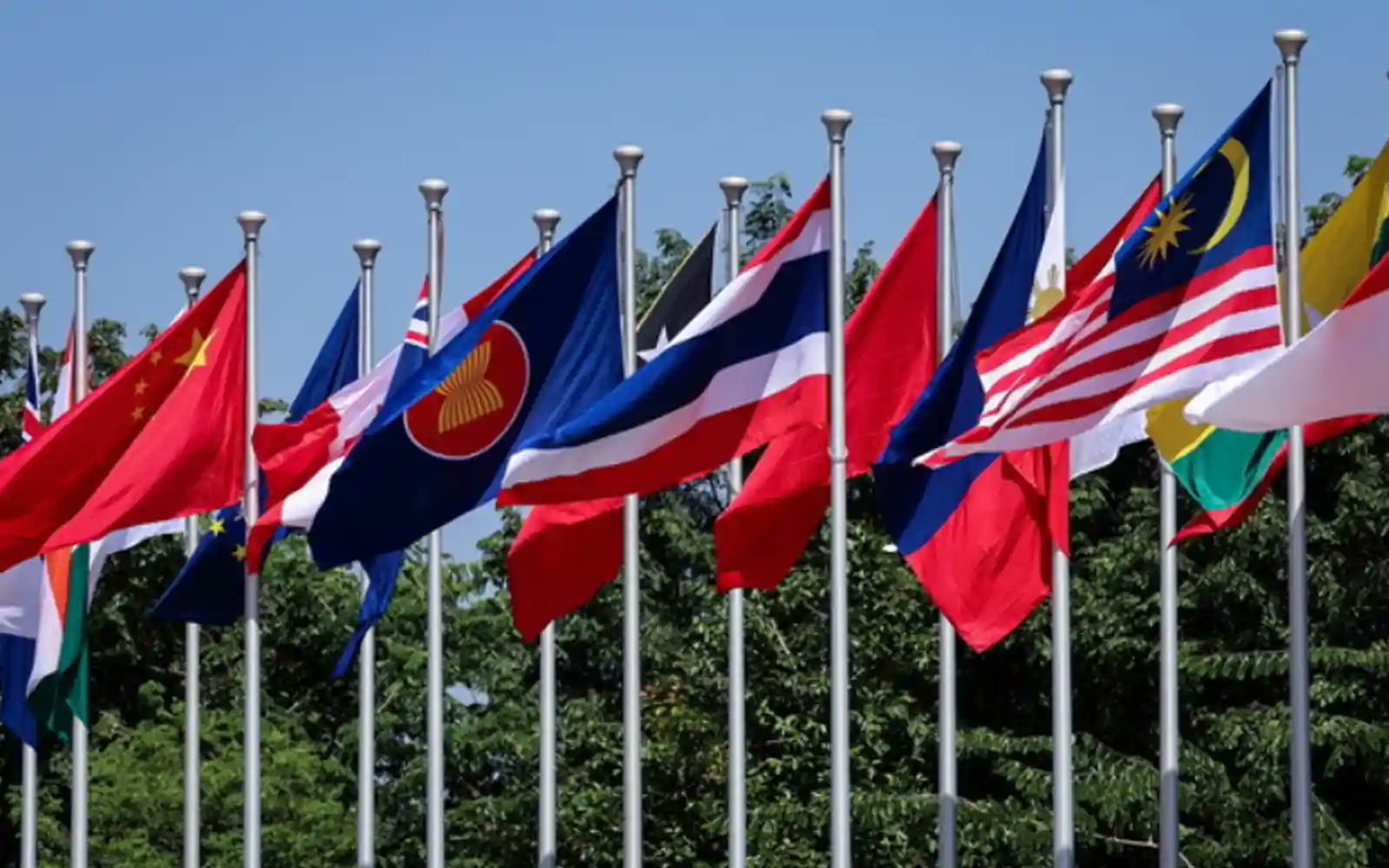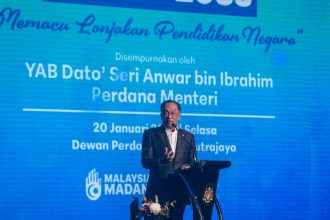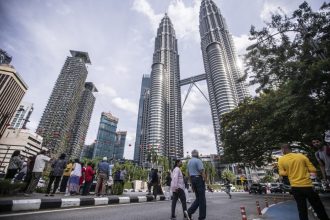PETALING JAYA: Malaysia’s leadership in ASEAN this year is being praised for bringing a much-needed, human-centered focus to the region’s handling of Myanmar’s ongoing crisis—an approach experts are calling both pragmatic and forward-looking.
For years, ASEAN has struggled to make meaningful headway in resolving Myanmar’s political and humanitarian turmoil, drawing criticism from international observers. But under Malaysia’s chairmanship, something has begun to change. Experts say the new strategy doesn’t just mark a change in direction—it reflects a more compassionate and realistic way of engaging with an increasingly complex situation.
Dr. Andrea Passeri, a Myanmar expert and head of international relations at Taylor’s University, explains that Malaysia’s push for broader humanitarian access—while still working to engage multiple parties—shows a deep understanding of the on-ground realities.
“Some groups won’t even come to the same table,” Passeri says. “Malaysia’s approach recognizes that we can’t keep waiting for perfect conditions. We need to act where we can—especially when lives are at stake.”
This is not about abandoning ASEAN’s five-point consensus, he adds. Instead, it’s a pivot toward more flexible, impact-focused efforts that prioritize people over politics.
“Progress is slow,” he admits, “but now, for the first time in years, humanitarian channels are opening up. That’s not just policy progress—it’s a real-world impact for those who’ve been suffering in silence.”
Prime Minister Anwar Ibrahim, while acknowledging the limited political progress, recently expressed hope about these first serious steps in a decade. “It’s premature to say where this leads,” he said, “but I’m pleased we are finally seeing meaningful engagement.”
Malaysia has also made history by becoming the first ASEAN chair to speak with both Myanmar’s civilian and military leadership—proving that dialogue, even under difficult conditions, does not equate to endorsement, but rather a commitment to inclusive problem-solving.
Thomas Daniel of the Institute for Strategic and International Studies echoes this sentiment, emphasizing that Malaysia is playing the long game. “They know a one-year chairmanship won’t solve the crisis. What they’re doing is laying the groundwork—making sure the next chairs aren’t starting from scratch.”
One major step has been Malaysia’s effort to institutionalize the ASEAN special envoy to Myanmar, ensuring that momentum continues beyond their term.
Daniel also points out that ASEAN was never designed to deal with internal crises of this scale. “But the Myanmar situation demands evolution. Turning away isn’t an option.”
Critics often focus on ASEAN’s sluggish pace. But Passeri reminds us that behind-the-scenes work—like building trust with wary stakeholders and unifying ASEAN’s internal stance—is slow, painstaking, and often invisible.
“People don’t see the dozens of quiet conversations, the small steps that prevent major collapses,” he says. “But without them, peace talks don’t stand a chance.”
Malaysia’s leadership may not deliver instant results—but it is reshaping how ASEAN engages with crisis. And more importantly, it’s putting people—those trapped in a long, painful conflict—at the heart of the conversation.








